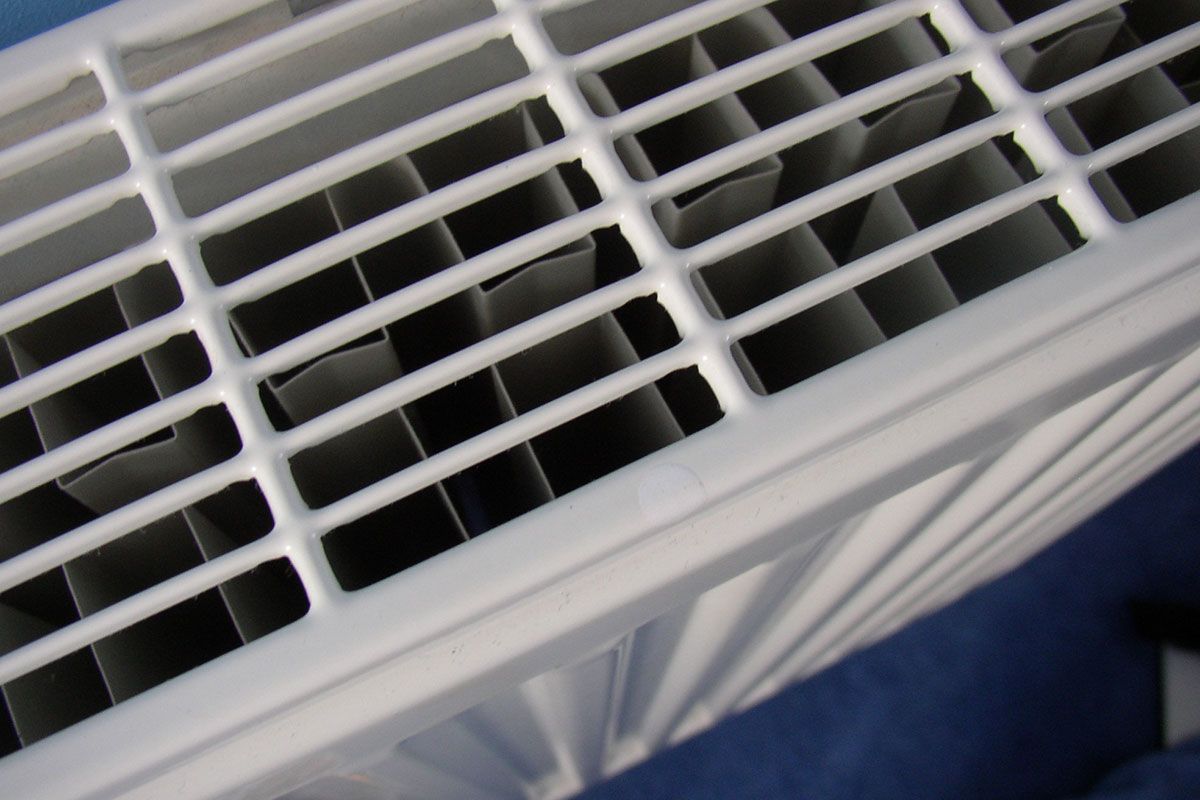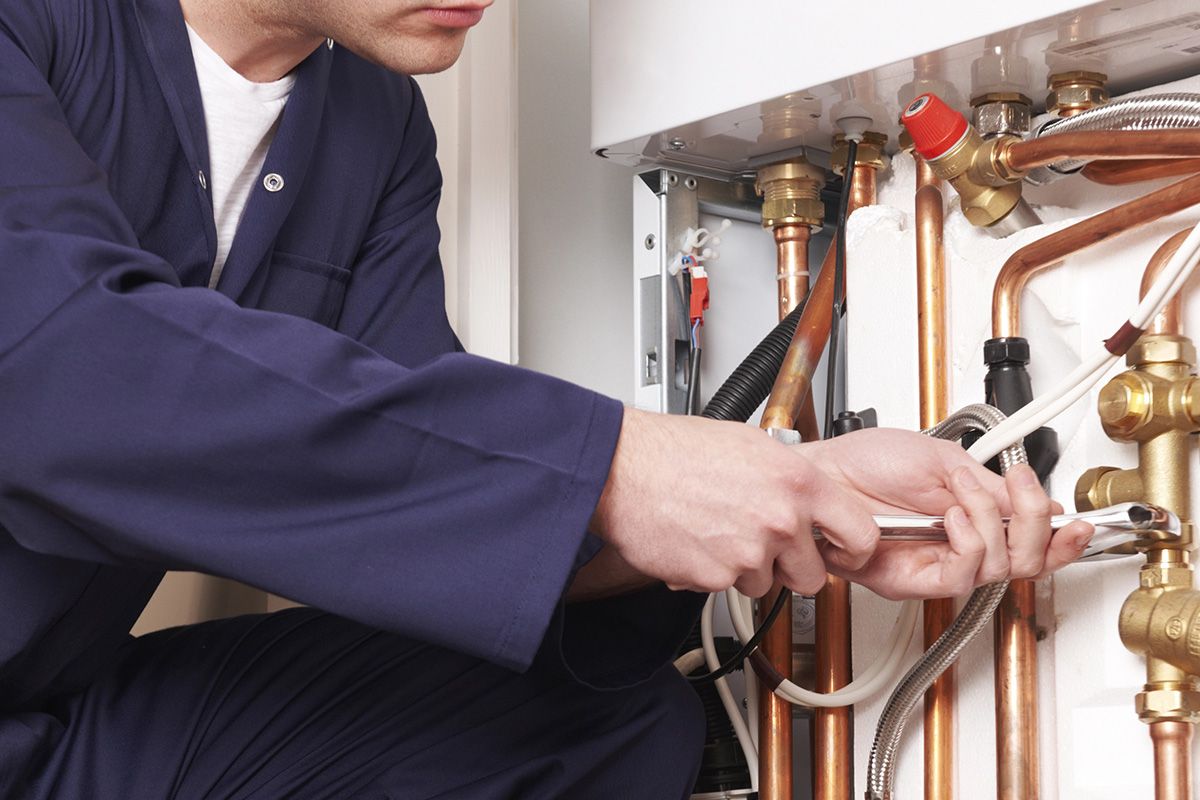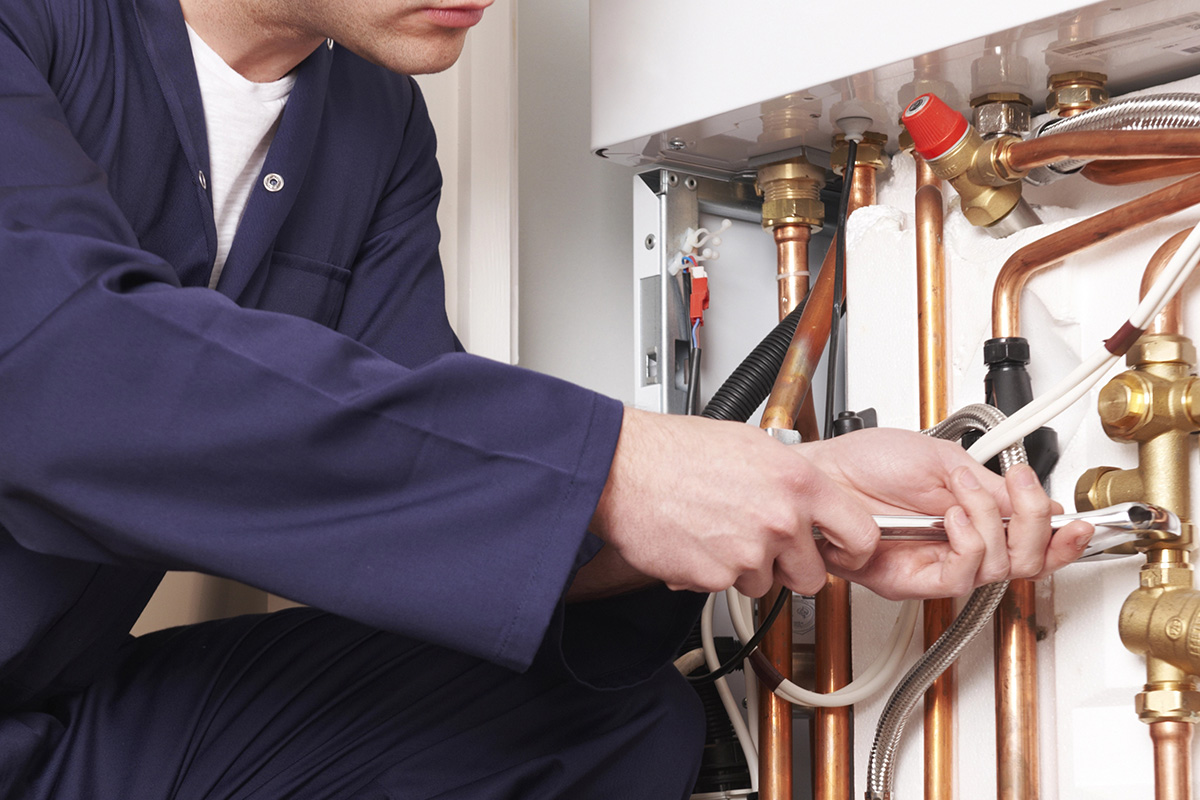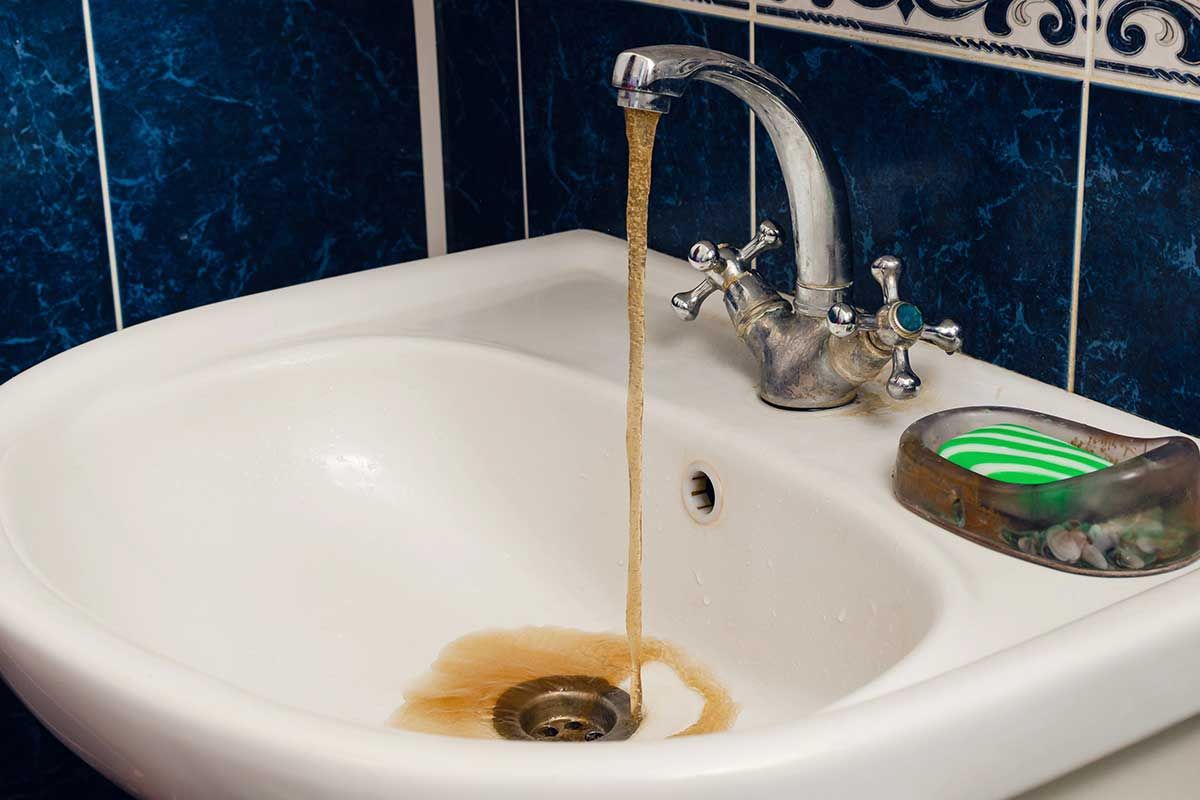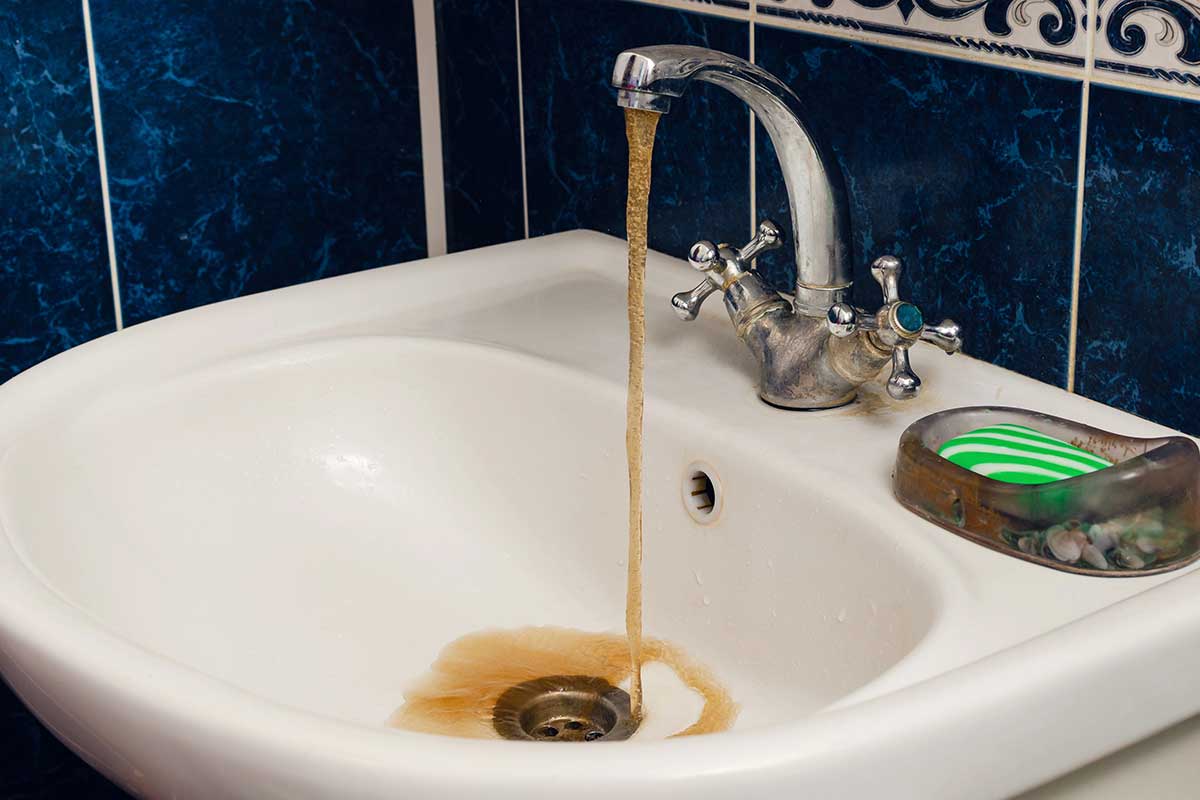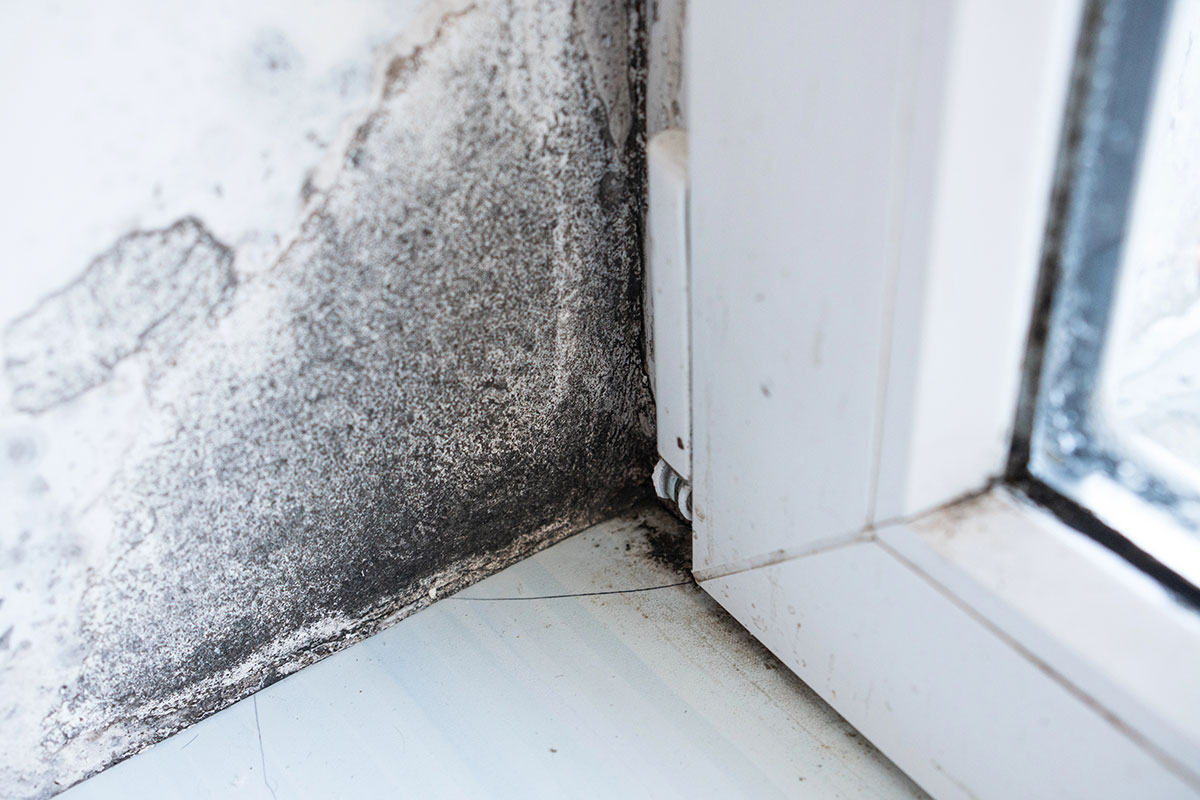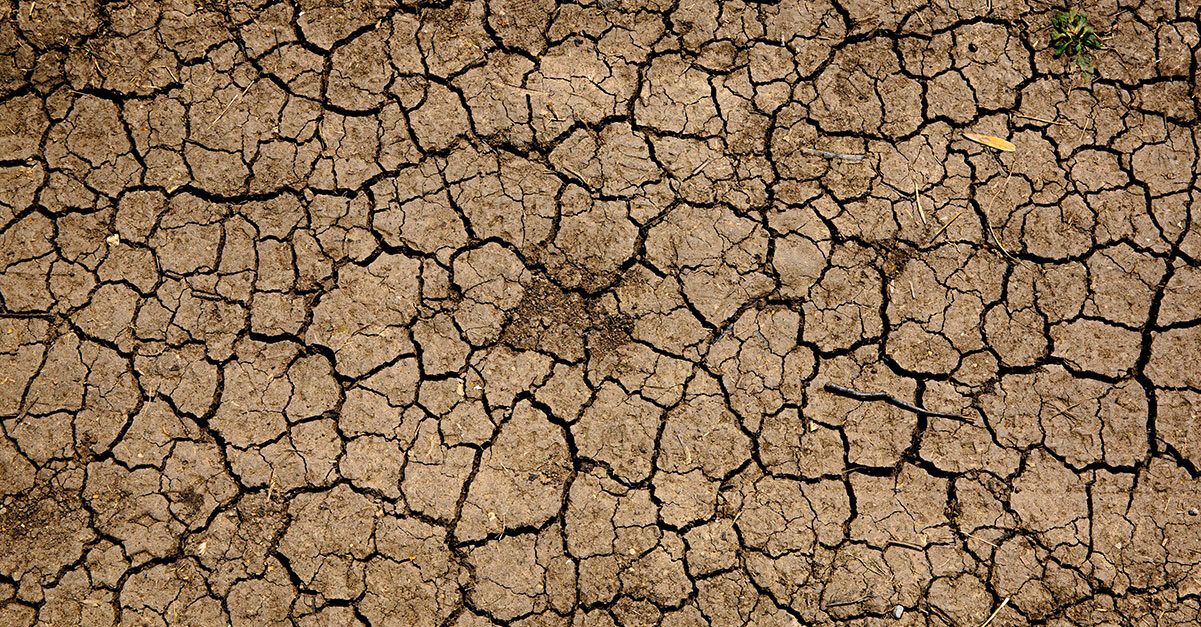Tackling radiator issues before they cost you more
Tackling radiator issues before they cost you more
When National Radiator Day rolls around, it’s not just a gimmick — it’s a timely reminder that homeowners need to pay attention to common radiator problems before winter bites. For many in North Essex, South Suffolk, and beyond, neglecting radiator health can lead to cold rooms, surging energy bills, and stress when breakdowns strike.

Why “National Radiator Day” matters: more than just a campaign
Radiators are the unsung workhorses of UK homes — according to the English Housing Survey, around 90% of homes in England use radiators (or wet central heating systems) as their main heating method. That means nearly every homeowner is potentially affected when something goes wrong.
Yet, survey data shows too many owners skip regular maintenance: just 20% of people check their radiators for faults, and only 25% of households have their heating systems professionally serviced on a routine basis. These gaps leave many homes vulnerable to the worst of radiator problems — especially in colder months.
Let’s walk through the main challenges, the human frustrations they bring, and how to stay ahead of them.
The real challenges behind radiator problems
Radiator issues aren’t just technical annoyances — they affect comfort, bills, and peace of mind. Below are common types and their knock-on effects.
1. Cold or uneven heating
One of the most obvious signs you have a radiator problem is when a radiator stays cold at the top, or a room never seems to reach the desired temperature. This often points to:
-
Air trapped inside the radiator, causing “airlocks”
-
Sludge or debris build-up restricting water flow
-
Faulty thermostatic radiator valves (TRVs) stuck closed
-
Poor system balance (some radiators take priority over others)
-
Pump failure or weak circulation
Left unresolved, cold spots grow, rooms never get cosy, and you may overcompensate by turning up the boiler — increasing wear and your energy bill.
2. Leaks, corrosion, and material wear
Over time, metal radiators suffer wear and tear. Leaks or slow drips may develop around valves or joints. Corrosion (especially in older steel or cast-iron radiators) weakens structure and causes rust flakes to circulate, further clogging the system.
The human cost? Anxiety at the sight of damp patches or staining, and the risk of water damage to plaster, skirting boards, or floor coverings.
3. Noise, banging and gurgling
Nobody wants their heating making a racket. Gurgling, banging, ticking or vibrating sounds often indicate:
-
Trapped air
-
Uneven flow rates
-
Water hammer (sudden pressure changes)
-
Loose pipework or brackets
These noises are not only irritating — they signal the system is under strain. If ignored, parts can loosen or valves can fail.
4. Pressure issues and boiler strain
A radiator problem can drag the whole heating system down. For instance:
-
If the system loses pressure (e.g. due to a leak), the boiler may shut down or struggle
-
Poor radiator flow can force the boiler to operate at higher output (less efficient)
-
Oversized or mismatched radiators make it harder to adopt low‐temperature heat systems later, such as heat pumps
According to a BEIS report, changing radiator performance over time reduces the number of UK homes able to operate comfortably with lower flow temperatures.
The human side: stress, disruption and cost
Behind every radiator issue is a homeowner trying to balance comfort, cost, and inconvenience. Consider:
-
Disruption: Having engineers visit, shutting off rooms, draining pipes
-
Emotional stress: Cold nights, sleeplessness, worry that more will go wrong
-
Unexpected costs: A small repair might lead to a full flush, valve replacement, or even radiator swaps
-
Energy bills rising: Inefficient radiators waste heat — one UK expert warns common radiator mistakes can add £400–£600/year to your heating costs.
All this is exacerbated if you live in older properties common in North Essex or South Suffolk. With solid walls, period features, or mixed heating systems, small inefficiencies become magnified.
How Infinity Home Services can help
As a local heating and plumbing specialist serving North Essex and South Suffolk, Infinity Home Services knows radiator problems inside out. Here’s how we support homeowners:
-
Diagnostics & inspections: We examine your radiator network, check valves, circulation, and pressure to pinpoint the issue.
-
Bleeding, flushing & power-flushing: We can remove sludge and debris efficiently so radiators perform at full output.
-
Valve replacements & radiator swaps: Whether a TRV is stuck or a radiator is beyond repair, we match the right components for your home.
-
System balancing & efficiency tuning: Ensuring all rooms get heat properly, and the boiler runs optimally.
-
Preventive maintenance plans: A regular check schedule to catch faults early and spread costs.
By acting before things escalate, you protect your comfort and budgets for the whole winter ahead.
Tips for homeowners: how to prevent common radiator issues
-
Bleed your radiators annually — doing so releases trapped air that blocks heat.
-
Feel your radiators — if the bottom is hot but the top isn’t, there’s a flow issue.
-
Regular servicing — a qualified engineer should check the whole system yearly.
-
Install automatic bleed valves — to reduce manual effort.
-
Use magnetic filters or system inhibitors — to prevent sludge accumulation.
-
Monitor water pressure — if it drops frequently, it could suggest leaks.
-
Upgrade inefficent radiators — older models may be undersized or corroded.
Conclusion
“National Radiator Day” is a useful prompt to think about the radiators behind your home’s warmth. Radiator problems — from airlocks and noise to leaks and inefficiency — affect more than just the mechanics. They affect comfort, budgets and peace of mind. With a proactive approach and professional support, you can sidestep breakdowns and expensive repairs.
If you spot signs of trouble, don’t wait until the worst happens — call us or fill in our contact form today so we can restore your heating to full performance.
Contact Us
Ready to fix your radiator woes? Call Infinity Home Services now on 0800 148 8088 or complete our contact form today — and reclaim a warm, worry-free home?
